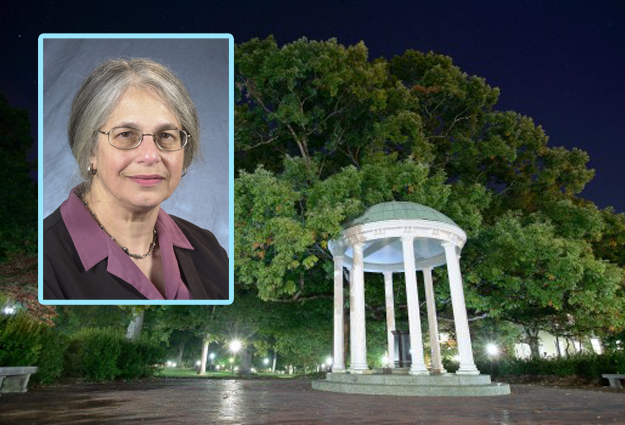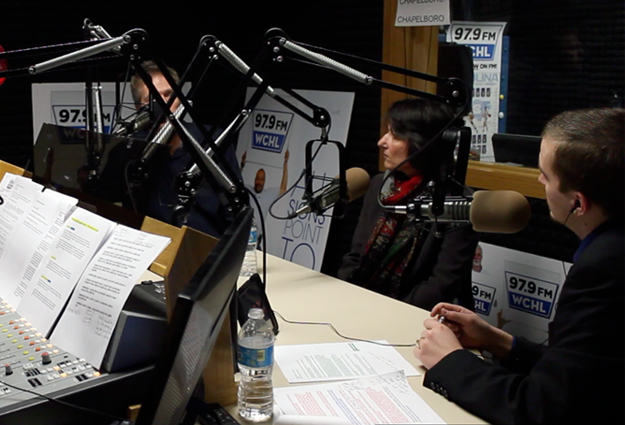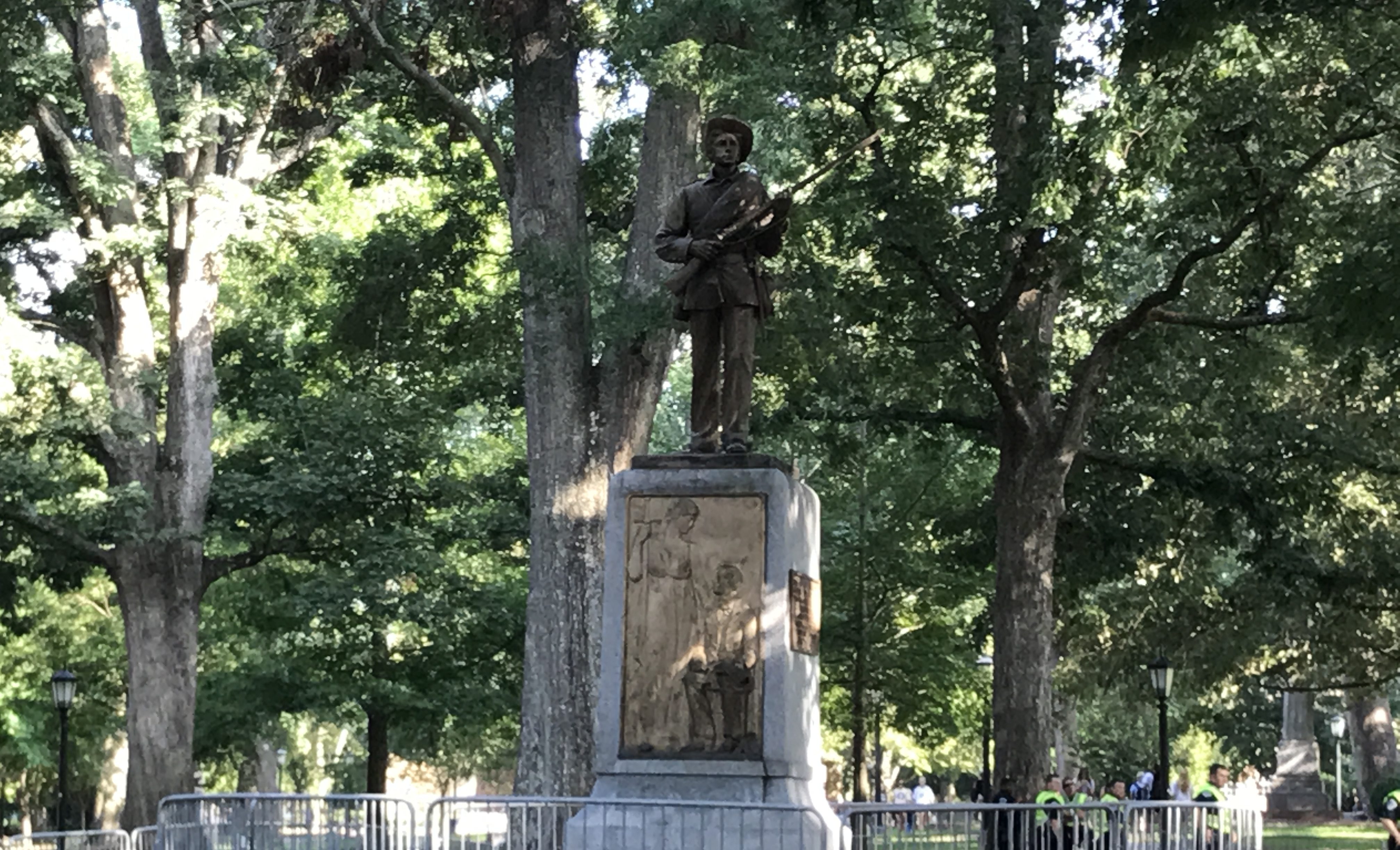CHAPEL HILL – The high-ranking educator at UNC who recently signed off on her support of Mary Willingham says the problem goes beyond revenue-generating sports.
“The pressure to admit a Japanese student and give him basic courses for American students who didn’t know a word of (Japanese),” Levine says. “So that was the first that I experienced, personally, pressure from a sport on behalf of what I would say a very phony admission. And, I’m assuming that the student never got admitted.
Madeline Levine is the former interim dean of UNC’s College of Arts and Sciences and is a Kenan Professor Emerita of Slavic Literatures. She taught for 36 years at UNC retiring in 2010.
The prospective student-athlete she was talking about was for golf in the 1980s.
Levine says she was angered to find out that this was taking place.
“This is just what you did,” Levine says. “You contacted a faculty member, and you tried to get accommodations for students, and that to me was not so much shocking then but really infuriating, and I was not going to play that game.”
She says she was approached with the idea of putting the recruit in classes at Carolina that he would be able to breeze through.
“I just got the call saying we have a Japanese student from Japan whose English is minimal—there’s no way he can pass any courses now until he gets his English, but we want to recruit him, so we would like you to agree that he can be enrolled in first-year and second-year Japanese,” Levine says.
Levine says those courses are for students who know nothing about the Japanese language and are slowly taught the basics.
When the news of Levine’s letter broke, it referenced a conversation she had with Provost Bernadette Gray-Little. Levine says that conversation was brief and was probably some 20 years after she first found out about the issues like that of the Japanese golf recruit.
“It was a very brief conversation,” Levine says. “It was not a debate in any way. I went to her as a new dean; I didn’t know what my responsibilities were, what authorities I had, or what I could do. I said I heard this, I’m troubled by it, what can I do? She said there’s nothing that can be done—I can’t quote her exactly—but there was nothing that could be done, the student was admitted. And, that was right.”
A spokesman for Gray-Little, who is now the President at Kansas, told the News and Observer she does not remember that conversation with Levine.
“I absolutely believe when now President Gray-Little says that she doesn’t remember such a conversation,” Levine says. “I’m sure she doesn’t. It was very brief; there are many other things going on in her work, and I sort of popped into the office after that, we talked for a few minutes, and I left.”
Levine says upper-level administrators would not have been able to detect faulty classes that were taking place. However, she says there were people that could have caught the problems long ago.
“In the athletics-support system where they would know that there are students getting grades well beyond their capability and where they were steering students into classes where they could succeed,” Levine says. “So, there’s a lot of burden on the people who were in athletic support to have gone to the chancellor and said everyone’s playing this game, but it’s getting out of hand at UNC, and it’s not the so-called ‘Carolina Way’.”
She says she’s sorry that she didn’t speak up sooner, but that one reason she didn’t was because she didn’t know the extent of the issue.
“I knew about the admissions, but I thought that at least the students who were admitted were getting sufficient tutoring to help them,” Levine says. “And I did not know about fake classes.”
And, she says she may have just fallen victim to laziness.
“There are many, many other things to do, to think about,” Levine says. “Perhaps I was hoping that other people who would be able to speak to it—people who had taught and encountered athletes in their classes who were struggling.”
Levine says she did teach student-athletes, but never any football or basketball players, and she says she never suspected ones that weren’t capable of completing her class.
To hear the interview with clinical instructor and academic advisor, Mary Willingham, and history professor Jay Smith from the WCHL Friday Morning News, click here.






Comments on Chapelboro are moderated according to our Community Guidelines